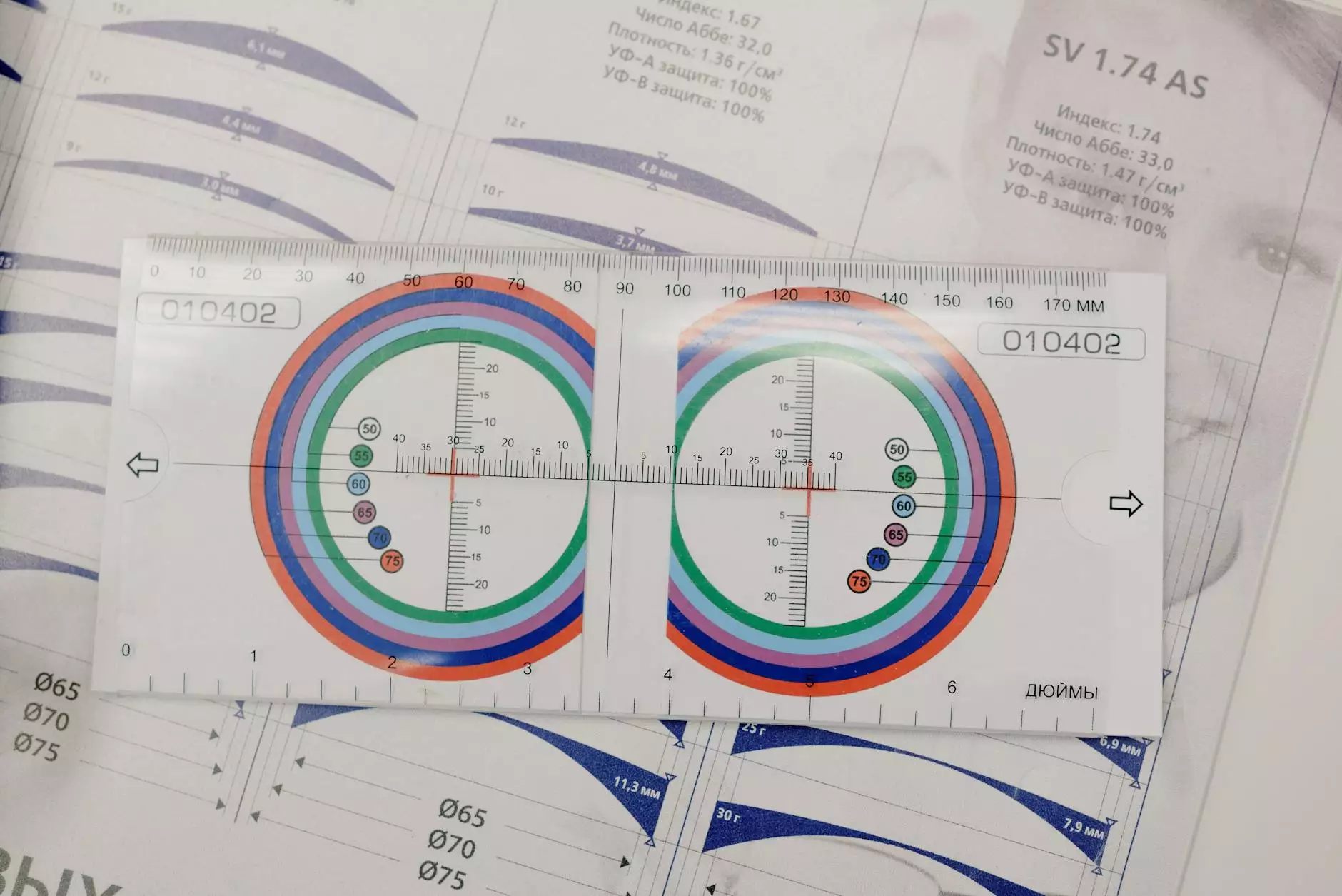How to Get Forex License: A Comprehensive Guide

If you're considering entering the forex trading market, obtaining a forex license is one of the most critical steps you can take. Not only does this grant you legitimacy in the eyes of customers and partners, but it also ensures compliance with regulatory frameworks. In this extensive guide, we will explore how to get a forex license, outlining each step and providing valuable insights to ensure your success.
Understanding Forex Licensing
The forex market is vast and complex, offering numerous opportunities for traders and brokers alike. However, operating without the appropriate licensing can lead to severe legal repercussions. A forex license provides you with the authority to trade currencies and offers protection to your clients. Here's why obtaining a forex license is vital:
- Legitimacy: A license signifies that your business is regulated and trustworthy.
- Protection: It protects both you and your clients from fraud and malpractice.
- Access to Markets: Many trading platforms require a valid license to operate.
- Business Growth: A licensure enhances your business’s reputation and can attract more clients.
Types of Forex Licenses
Before you start the application process, it is crucial to understand the different types of forex licenses available. Each type comes with its own requirements, benefits, and restrictions:
1. Retail Forex License
This license is designed for companies that engage in forex trading with retail clients. Obtaining this license typically requires adherence to strict regulatory standards.
2. Institutional Forex License
Institutions like banks and hedge funds typically obtain this license. The regulations are less stringent compared to retail licenses but still require considerable compliance measures.
3. Offshore Forex License
Some companies choose to register in offshore jurisdictions to benefit from lower regulation and taxation. However, offshore licenses may not carry the same credibility as onshore ones.
Steps to Obtain a Forex License
Acquiring a forex license involves several critical steps. Here’s a detailed breakdown of the process:
Step 1: Choose Your Jurisdiction
Your first step is to determine the best jurisdiction for your forex business. Popular jurisdictions include:
- United Kingdom - Known for strict regulations and credibility.
- Cyprus - Offers a favorable business environment with the Cyprus Securities and Exchange Commission (CySEC).
- Estonia - Provides a quick and efficient licensing process.
- Belize and offshore jurisdictions - Attractive for lower costs and minimal regulations.
Step 2: Define Your Business Model
Before applying for a license, clearly define your business model. Whether you plan to operate as a broker, market maker, or liquidity provider, your model will dictate the type of license needed.
Step 3: Prepare Necessary Documentation
Preparing the correct documentation is vital for the application process. Common documents required include:
- A detailed business plan outlining your operations.
- Proof of identity and background checks for all company directors and owner(s).
- Financial statements demonstrating your financial stability.
- Policies for anti-money laundering (AML) and know your customer (KYC) compliance.
Step 4: Submit Your Application
Once all documents are prepared, you can submit your application to the relevant regulatory body. Ensure that your application is complete and adheres to the guidelines set forth by the authority in your chosen jurisdiction.
Step 5: Pay the License Fees
Every jurisdiction will require a fee for processing your application. Make sure to budget for these costs and understand what the fees entail.
Step 6: Await Approval
After submission, it’s essential to be patient during the approval process. The duration varies, depending on the jurisdiction and complexity of your application. It’s vital to maintain communication with the regulatory body during this time.
Challenges in Obtaining a Forex License
While the licensing process is vital, it can sometimes be challenging. Here are some obstacles to be aware of:
1. Extensive Documentation Requirements
The documentation required can be overwhelming. Failing to provide complete and accurate information can lead to delays or rejection.
2. Costs of Licensing
Obtaining a forex license involves various costs such as application fees, legal consultations, and operational setup costs.
3. Regulatory Compliance
Once licensed, you’ll need to maintain compliance with ongoing regulatory requirements, which can change and evolve.
Tips for a Successful Application
Here are some effective tips to ensure your forex license application is successful:
- Engage Legal Expertise: Consult with a lawyer or a firm specializing in forex licensing. They can guide you through the complexities of the process.
- Focus on Compliance: Invest in developing strong compliance and risk management policies from the start.
- Be Transparent: Provide full disclosure in your application. Honesty can help avoid complications.
- Stay Updated: Keep abreast of regulatory changes in your chosen jurisdiction.
Conclusion
Knowing how to get a forex license is crucial for anyone looking to enter the forex trading domain. Following the steps outlined above can significantly enhance your chances of success. Remember, while the licensing process may be complicated, achieving it is a vital milestone toward establishing a reputable and legally compliant forex trading business.
Key Takeaways
In summary, the journey to obtaining a forex license can be enriching and rewarding. By understanding the types of licenses, navigating the application steps, and implementing effective strategies, you can build a successful forex company that attracts clients and upholds regulatory standards. Your journey begins now—take the first step towards obtaining your forex license today!
how to get forex license








